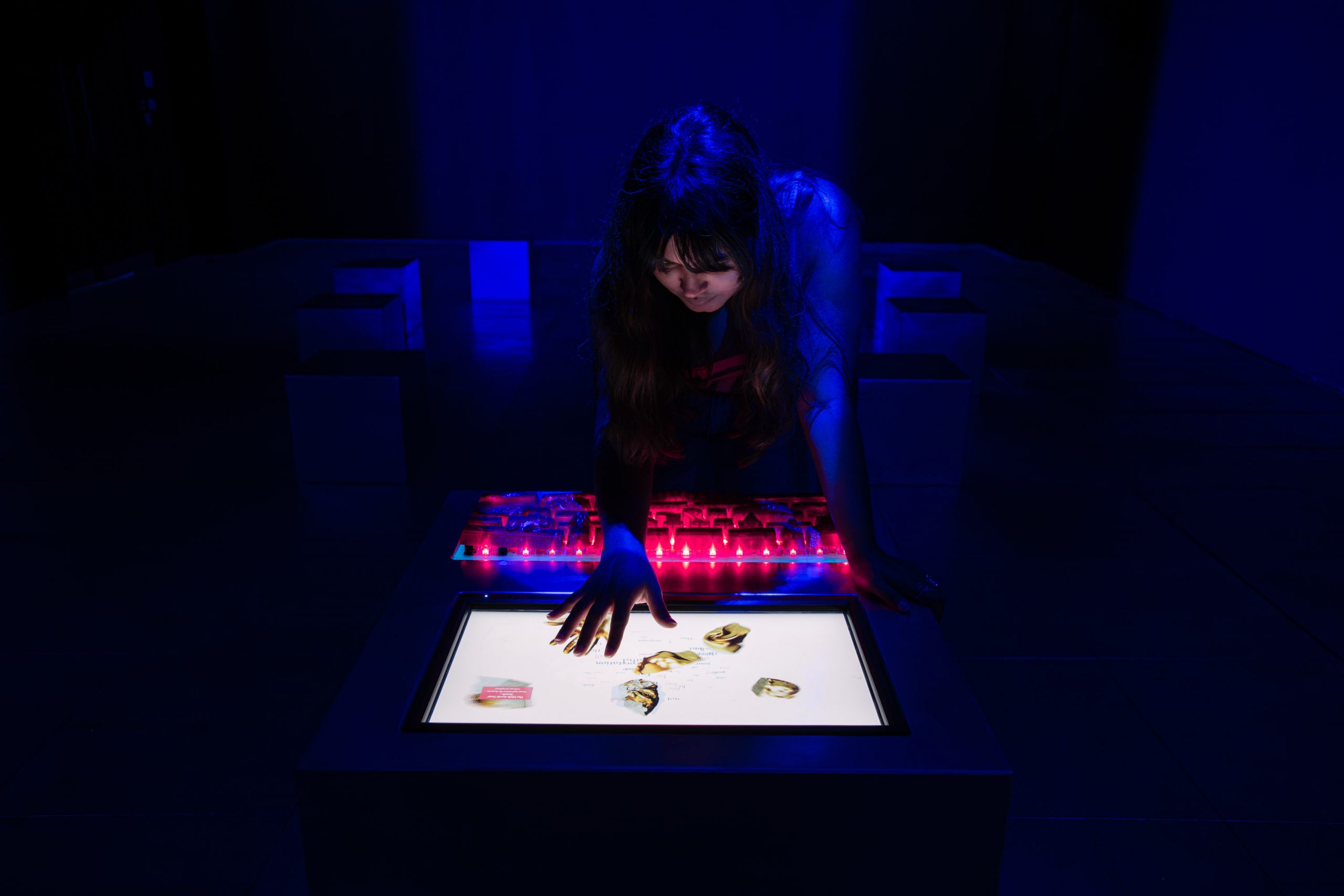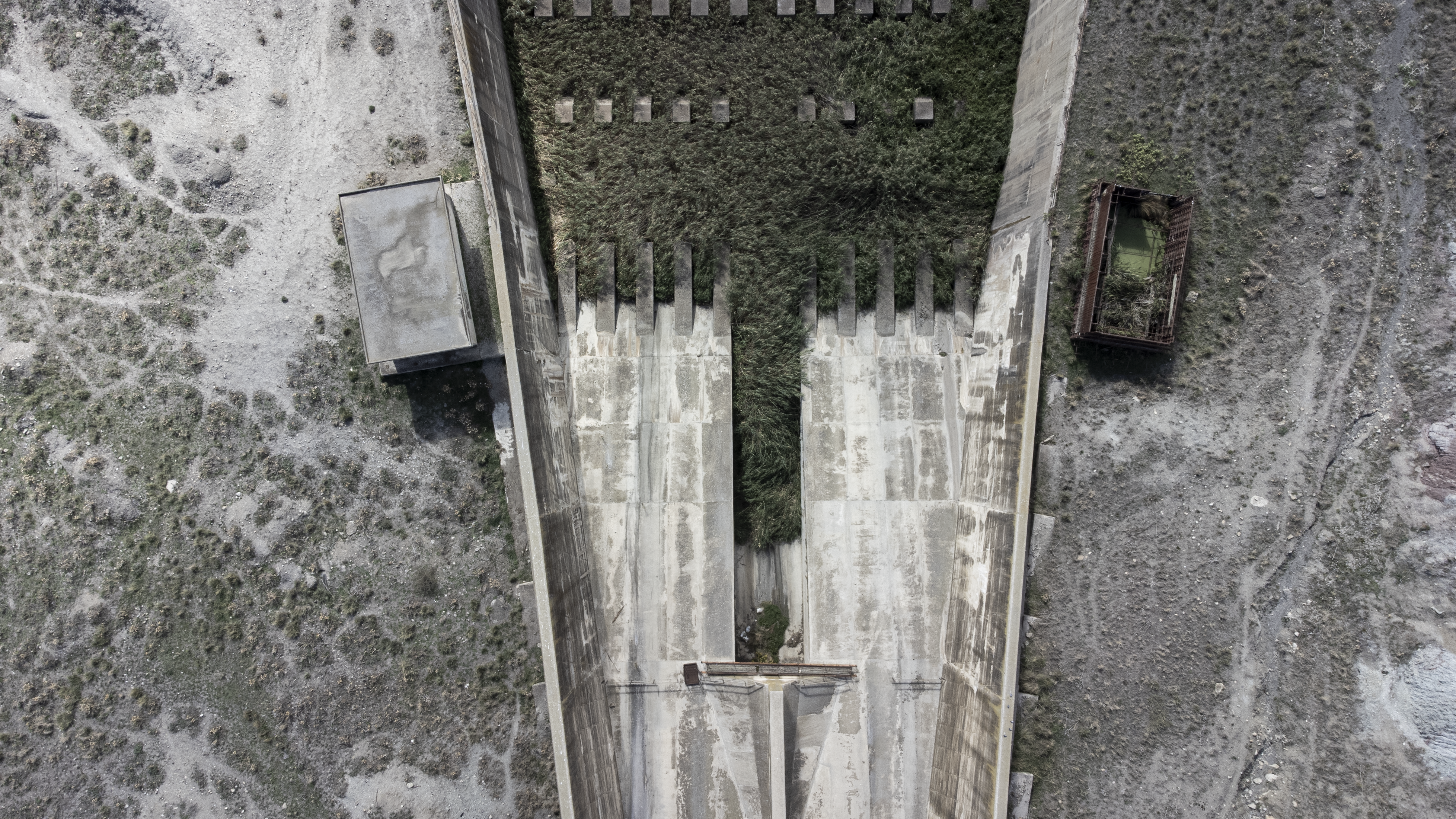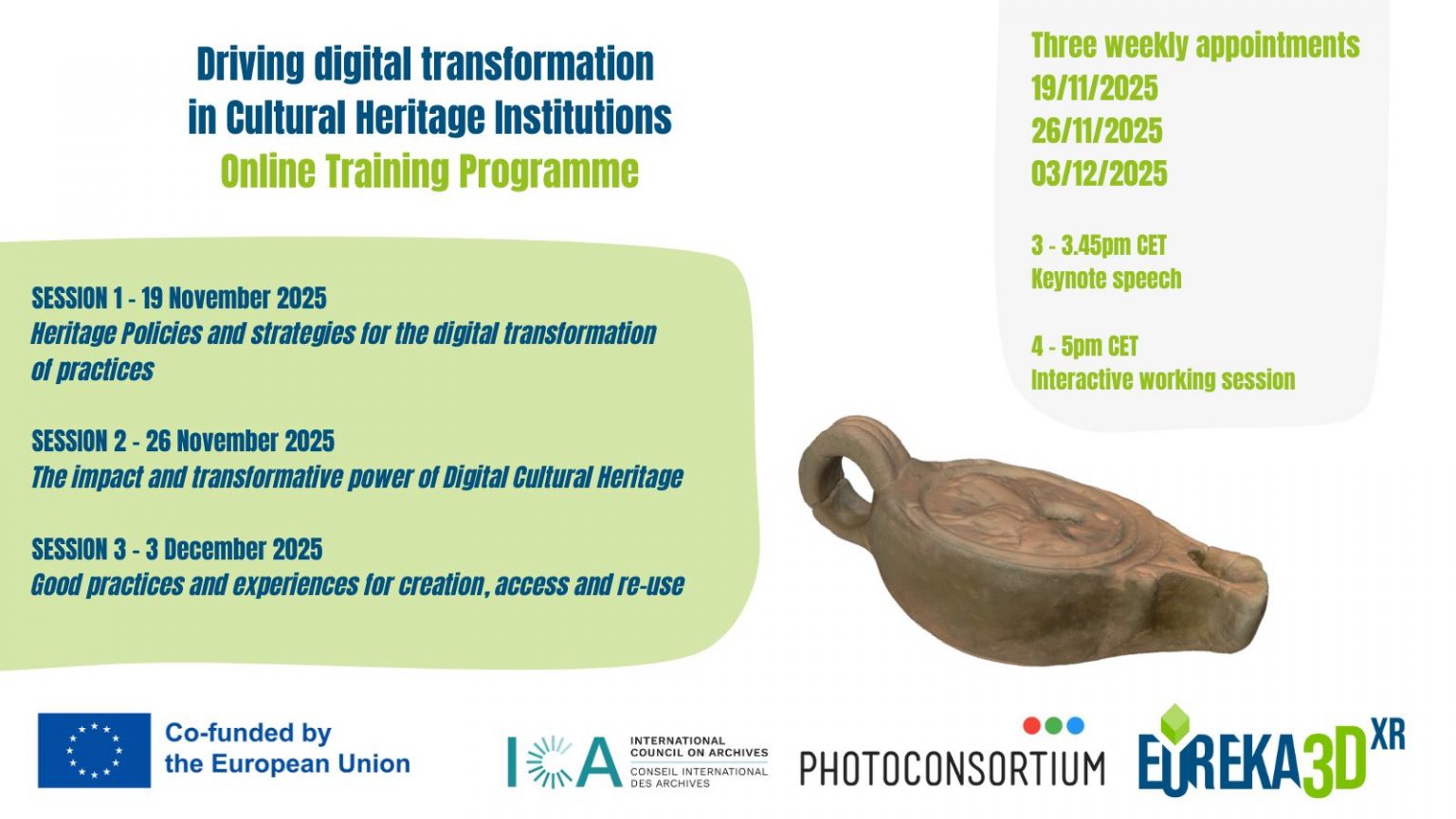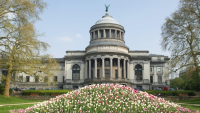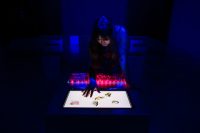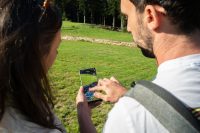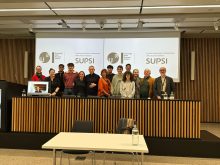 The Ars Electronica Center of Linz (Austria) offers to people a weekly programme for attending at performances, concerts, exhibitions from their homes, just connecting at ars.electronica.art/homedelivery/en.
The Ars Electronica Center of Linz (Austria) offers to people a weekly programme for attending at performances, concerts, exhibitions from their homes, just connecting at ars.electronica.art/homedelivery/en.Objective:
Ars Electronica Home Delivery initiative is not conceived as a substitute of a visit to the museum for the time it remains closed, but rather as a newly developed approach that aims to permanently open up the Linz-based artistic and scholarly engagement and enlarge its audience. The goal is to create an additional and lasting range of offerings, able to enhance the museum portfolio in the long term, for example, for schools and businesses. In the future, guided tours, presentations, and workshops will not just be held at the Ars Electronica Center in Linz, but also on the web or as hybrid formats, thus making them interesting for an audience beyond Austria’s borders.
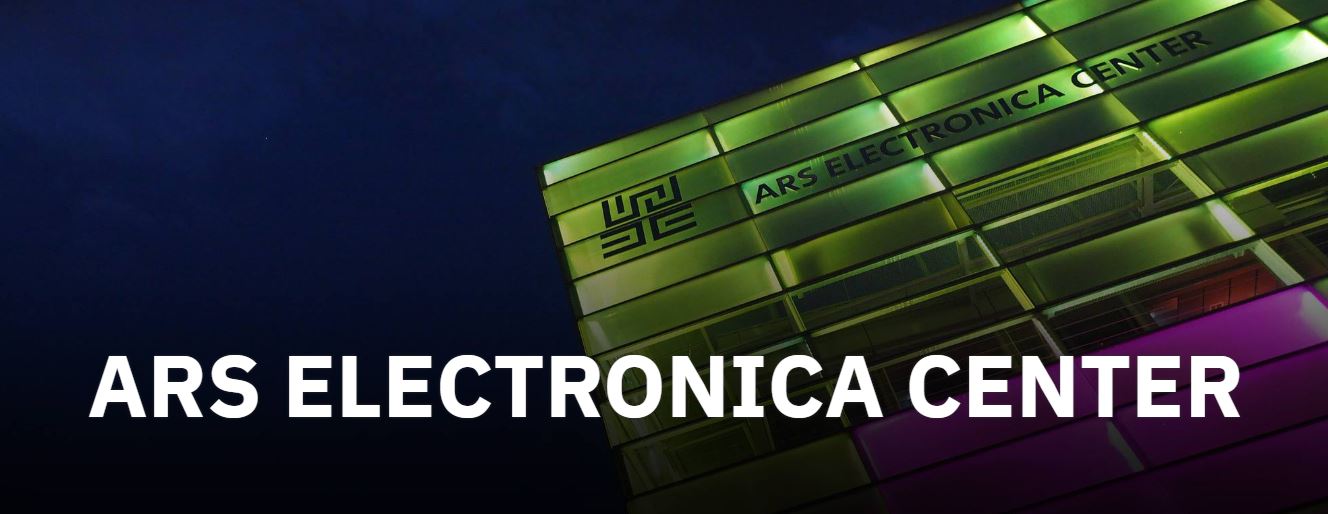 Challenge:
Challenge:The use of the web represents a very interesting challenge for the team of the museum: it aim at creating an experience to foster people to actively take part and participate by involving, inspiring and motivating everyone.
Services:
The weekly programme of Ars Electronica Home Delivery includes guided tours of Ars Electronica exhibitions, excursions to the Ars Electronica Labs, visits to the Machine Learning Studio, concerts with real-time visualizations, Deep Space LIVE sessions, workshops with engineers, and talks with artists and scientists from all over the world. None of this is pre-recorded, most of it is interactive, and all of it is going to be LIVE.
People can experience all the Ars Electronica Home Delivery events live at ars.electronica.art/homedelivery and watch them again afterwards here.
Ars Electronica Center website
Contacts: robert.bauernhansl@ars.electronica.art / Tel.: +43.732.7272.38




 COVID-19 pandemic particularly affected the cultural and cultural heritage sectors with travel bans, public closures and event cancellations with alarming financial implications.
COVID-19 pandemic particularly affected the cultural and cultural heritage sectors with travel bans, public closures and event cancellations with alarming financial implications.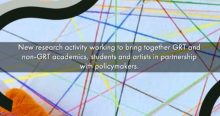
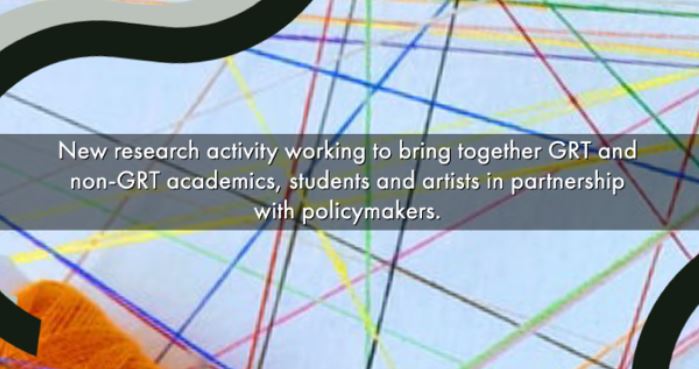 The project, carried out by
The project, carried out by 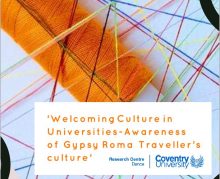
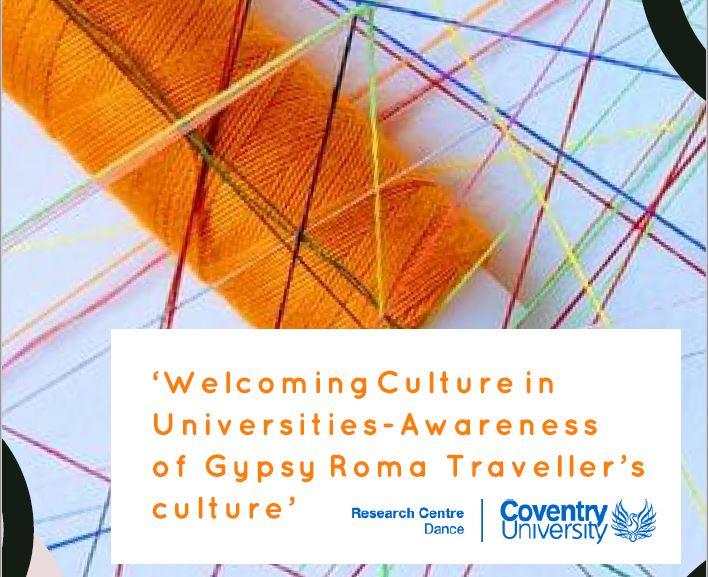 The Gypsy Roma Traveller in Higher Education- Influencing Policy is a research project concluded the 31st March 2020 and funded by QR Strategic Priorities Fund 2019-20 and
The Gypsy Roma Traveller in Higher Education- Influencing Policy is a research project concluded the 31st March 2020 and funded by QR Strategic Priorities Fund 2019-20 and 

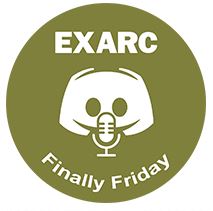
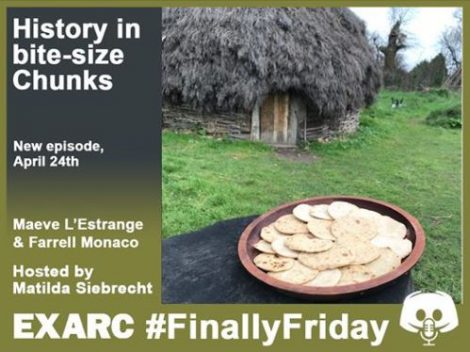 The title was: History in bite-size Chunks.
The title was: History in bite-size Chunks.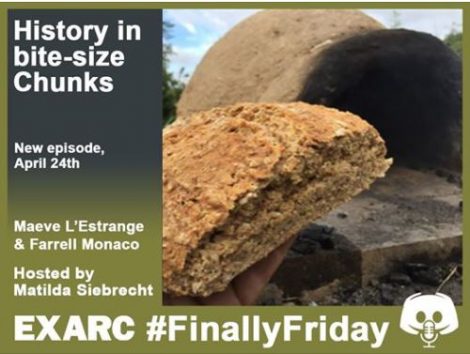
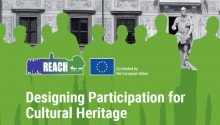
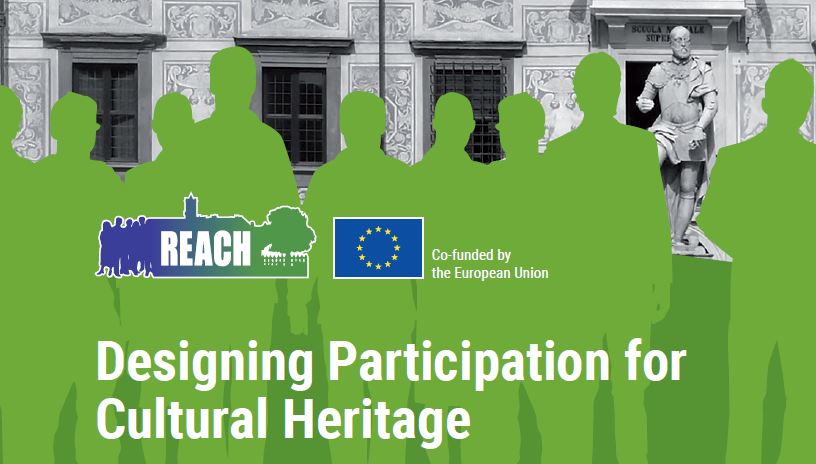 In light of the interest received by the initiative,the REACH Consortium have decided to keep the call open until the end of the year.
In light of the interest received by the initiative,the REACH Consortium have decided to keep the call open until the end of the year.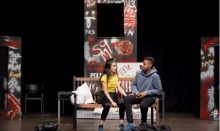
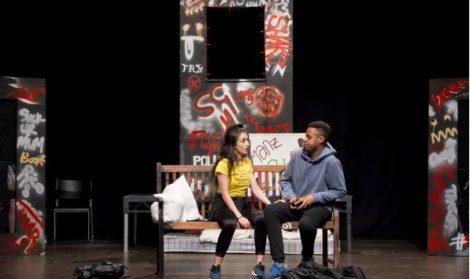 The 30th
The 30th 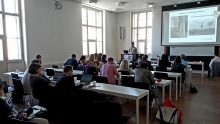
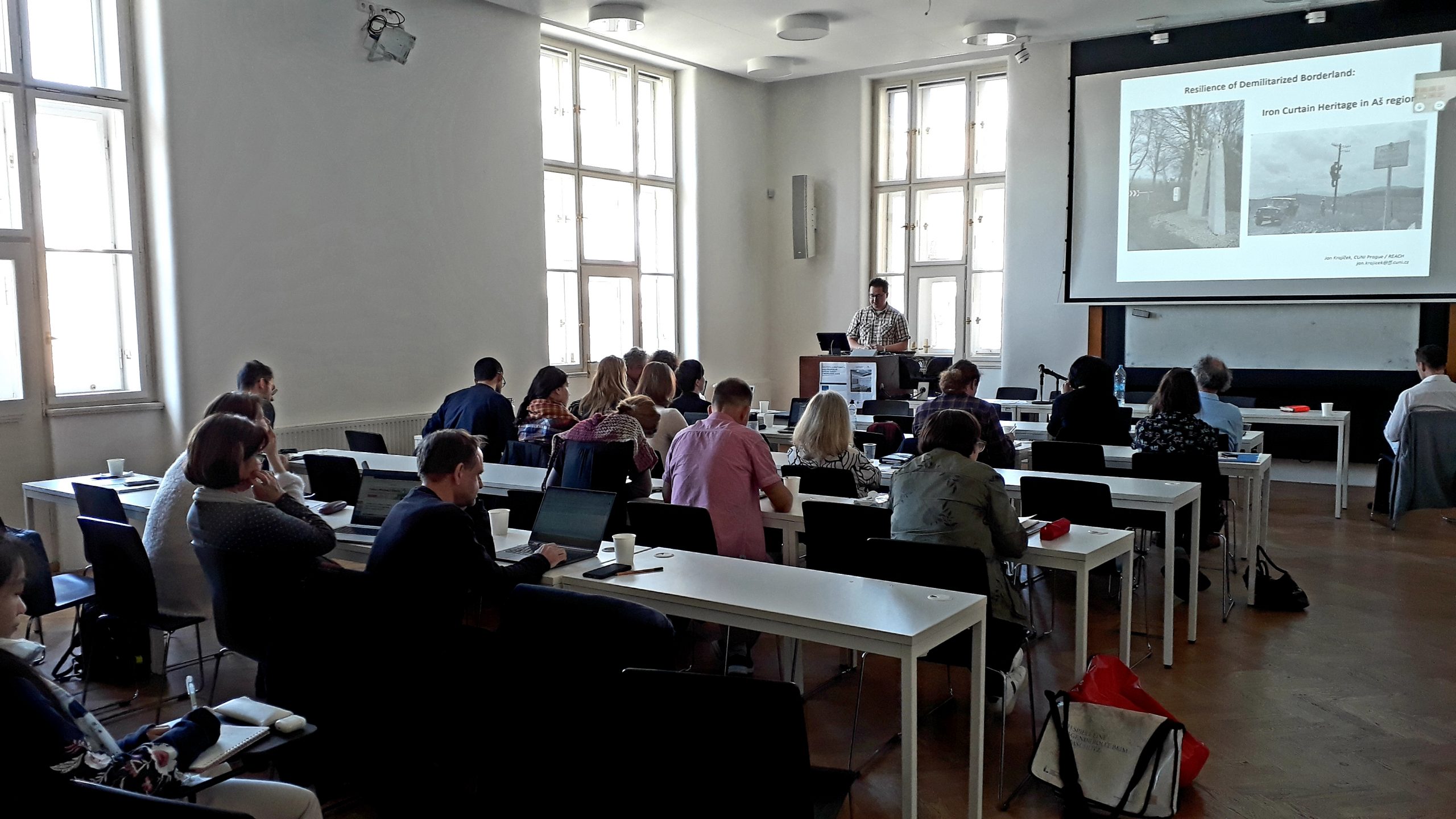 The Resilience for Cultural Heritage workshop, organised and hosted by Charles University, took place in Prague on 5 and 6 March 2020. One of the objectives of the REACH project has been to test the concept of resilient cultural heritage through its four pilot and programme of themed workshops. In addition to continuing the project’s participatory theme, this workshop considered the different interpretations of resilience within the fields of cultural and heritage, involving a series of varied and fascinating presentations and vibrant debate.
The Resilience for Cultural Heritage workshop, organised and hosted by Charles University, took place in Prague on 5 and 6 March 2020. One of the objectives of the REACH project has been to test the concept of resilient cultural heritage through its four pilot and programme of themed workshops. In addition to continuing the project’s participatory theme, this workshop considered the different interpretations of resilience within the fields of cultural and heritage, involving a series of varied and fascinating presentations and vibrant debate.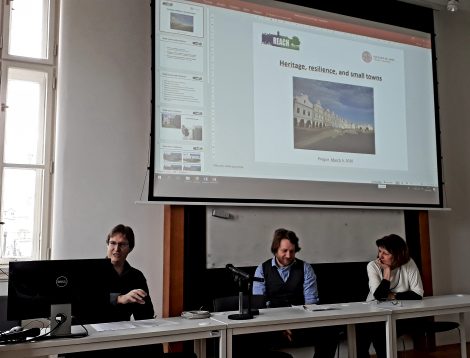
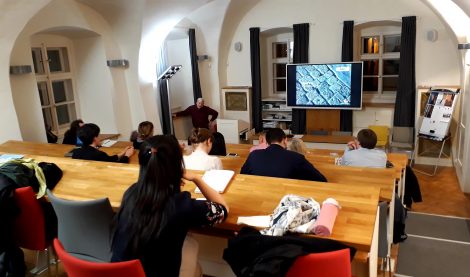 The final session of the day examined resilience within the scope of institutions and heritage. Richard Biegel stepped in to describe the progression of the Charles University’s ‘Art History Department – University´s Cultural Heritage’, illustrating that institutions would have had to have been resilient to operate, in spite of multiple socio-political regime changes, during the 20th Century. Eva Špačková provide insight into the ‘University Museum as a source for creative interactions in arts, science and technology (case of Iowa University Museum)’ and asked whether European universities could also display more works of art. Finally, keynote speaker Thorsten Ludwig, managing director of Interpret Europe, concluded the day with a presentation on ‘Engaging citizens with Europe’s cultural heritage‘ with special emphasis on UNESCO’s values and learning principles’ that led to an interesting discussion about the values and messages that heritage sites can share and the best ways that narratives can be framed.
The final session of the day examined resilience within the scope of institutions and heritage. Richard Biegel stepped in to describe the progression of the Charles University’s ‘Art History Department – University´s Cultural Heritage’, illustrating that institutions would have had to have been resilient to operate, in spite of multiple socio-political regime changes, during the 20th Century. Eva Špačková provide insight into the ‘University Museum as a source for creative interactions in arts, science and technology (case of Iowa University Museum)’ and asked whether European universities could also display more works of art. Finally, keynote speaker Thorsten Ludwig, managing director of Interpret Europe, concluded the day with a presentation on ‘Engaging citizens with Europe’s cultural heritage‘ with special emphasis on UNESCO’s values and learning principles’ that led to an interesting discussion about the values and messages that heritage sites can share and the best ways that narratives can be framed.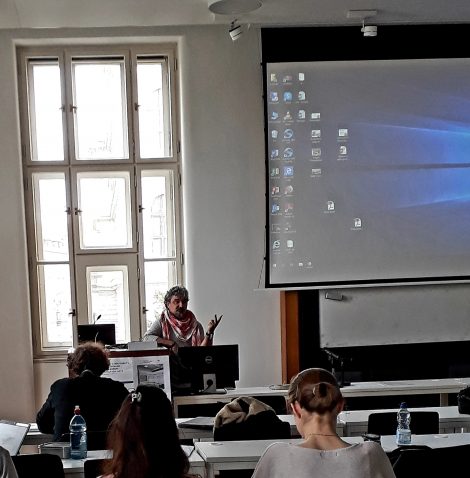 For the Rural heritage pilot, José-Maria Civantos discussed that, in the face of global change (political, social and economic), resilience has been the understanding and adaptation of traditional community methods of preservation and management to maintain systems and crops, achieved by giving farmers a stronger platform and way to be heard.
For the Rural heritage pilot, José-Maria Civantos discussed that, in the face of global change (political, social and economic), resilience has been the understanding and adaptation of traditional community methods of preservation and management to maintain systems and crops, achieved by giving farmers a stronger platform and way to be heard. 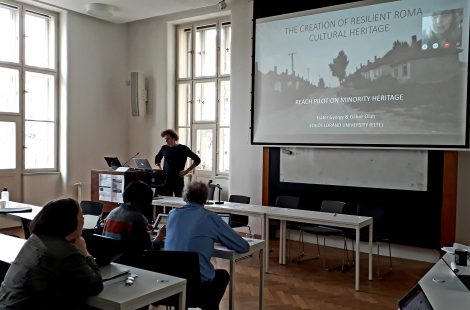
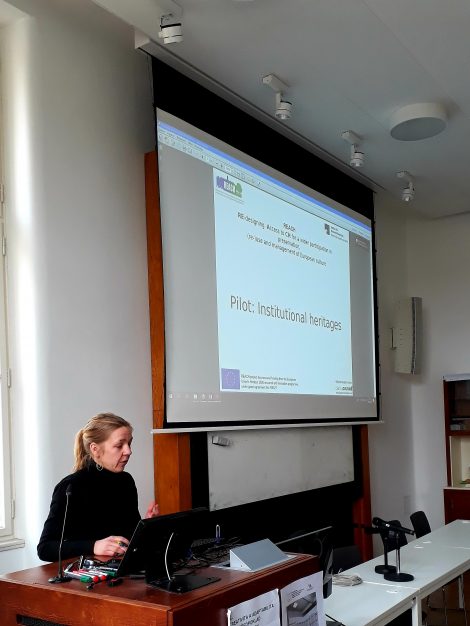 Finally, Frederike Berlekamp discussed the Institutional heritage pilot, which had involved work with three diverse museums. At a time when museums are literally redefining themselves, considering who their audiences are and their expectations, museums are developing new partnership, methods, layouts and more interactive personalised services.
Finally, Frederike Berlekamp discussed the Institutional heritage pilot, which had involved work with three diverse museums. At a time when museums are literally redefining themselves, considering who their audiences are and their expectations, museums are developing new partnership, methods, layouts and more interactive personalised services.
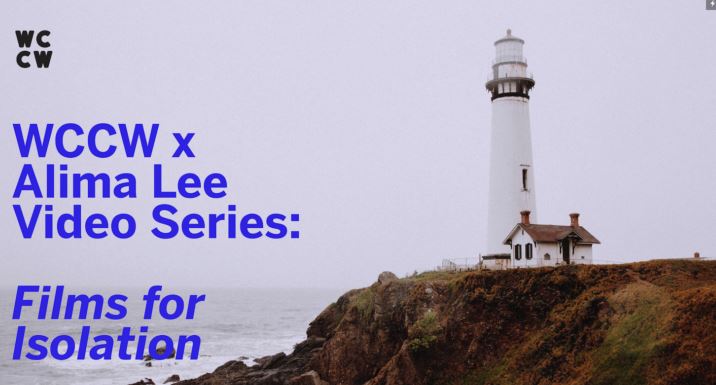 The Filmmaker Alima Lee offers a series of short films to rediscover the meaning of belonging and home in this moment of profound isolation.
The Filmmaker Alima Lee offers a series of short films to rediscover the meaning of belonging and home in this moment of profound isolation.